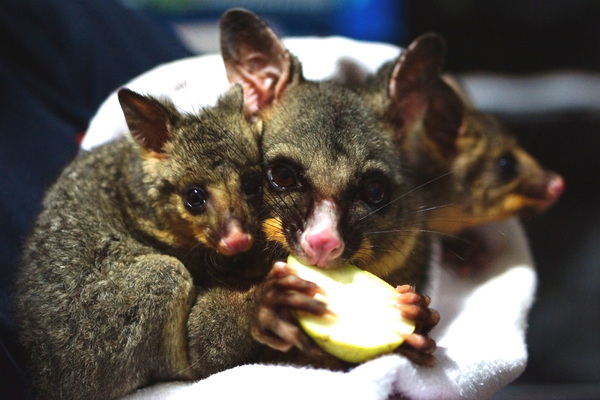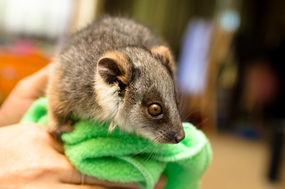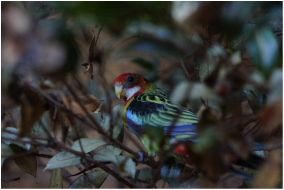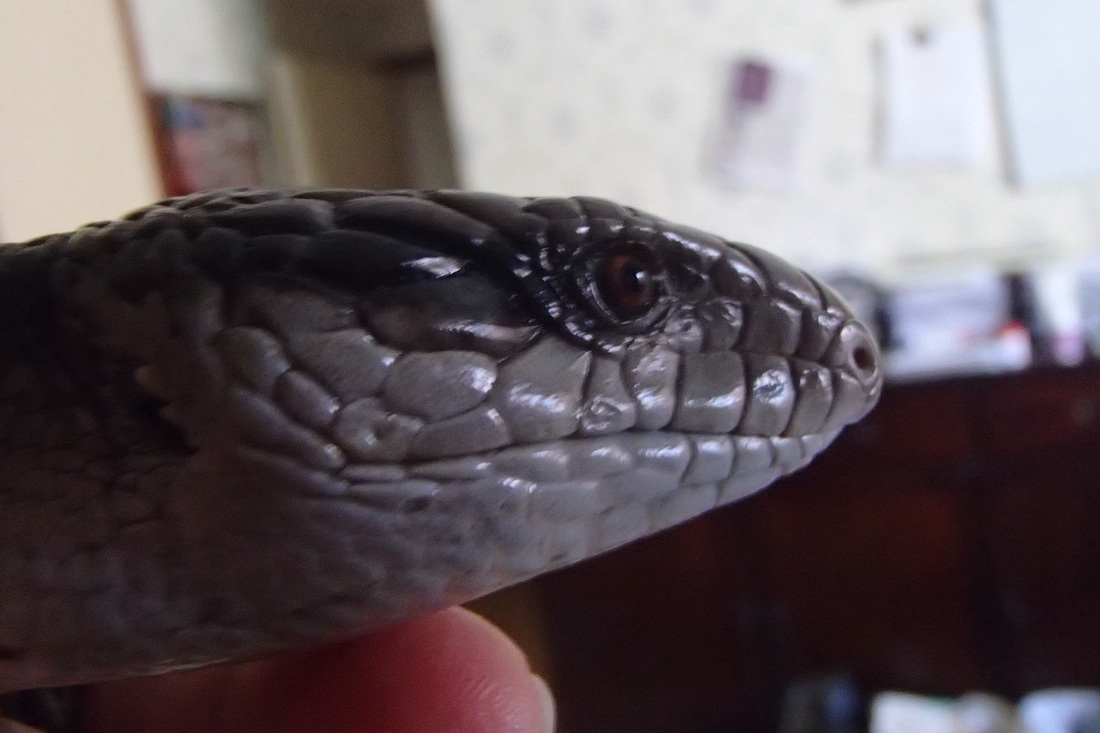Our Animals
|
Wild Days Wildlife Shelter receives new animals needing care through many different avenues:
|
We are on the edge of suburbia and as such, we receive a large variety of species. With some shelters specializing in only certain species and limited wildlife shelters in the area, we try to assist whatever species comes into care.
The amount of time each animal needs to recover differs. Some animals only require somewhere to rest, catch its breath and be protected for a few days before release, where others may be in care for many months before being old enough and capable of surviving in the wild.
On arrival, each animal is assessed as to the extent of injury and the level and length of care that will be required, particular to the species involved. Many injured animals require regular wound treatment and management, medications and pain relief. Young orphans need maternal care, development and survival lessons.
We also acknowledge that some species of animals require more specialist care. In those cases, we provide immediate first aid and reach out to our wide networks to obtain the specialized care when needed. We believe every animal deserves the best care available.
The amount of time each animal needs to recover differs. Some animals only require somewhere to rest, catch its breath and be protected for a few days before release, where others may be in care for many months before being old enough and capable of surviving in the wild.
On arrival, each animal is assessed as to the extent of injury and the level and length of care that will be required, particular to the species involved. Many injured animals require regular wound treatment and management, medications and pain relief. Young orphans need maternal care, development and survival lessons.
We also acknowledge that some species of animals require more specialist care. In those cases, we provide immediate first aid and reach out to our wide networks to obtain the specialized care when needed. We believe every animal deserves the best care available.
OUR MAMMALSThe mammals that arrive at Wild Days include members of all three groups of mammals, and make up the bulk of the animals in care.
Species List:
|
OUR BIRDSThe birds of Wild Days come in many shapes and sizes, making up the most diverse group.
This includes the smallest of swallow or finch to the majestic Yellow-tailed black cockatoo. The tiny Spotted pardalote to the cunning Pied Currawong. A short visit by a magnificent Wedge-tailed eagle came in as the biggest. Many species of parrots, wattlebirds and honeyeaters are visitors of fledgling mishaps. The Pacific Black ducklings and other wetland birds create the biggest mess and the Magpies, Plovers, Ravens, Galahs, Corellas and Cockatoos take the lead as the noisiest. Species List:
|
OUR REPTILESThough not the most abundant, Wild Days often receives reptiles into care. The most common visitors are the Eastern Blue tongue lizard and the Blotched Blue tongue lizard, usually the victims of dog attacks. Some however are the unfortunate victims of a lawnmower or whipper snipper on a Sunday morning. These injuries, while severe, are often ones these amazing animals can survive and heal completely from, regrowing scales and shedding abilities, to be fit for release. The only difference with these tough animals, is that they do it at a very slow pace. Species List:
|
If you want to learn more detail about how we care for our fascinating wildlife, stay tuned for species-specific pages, coming soon!





